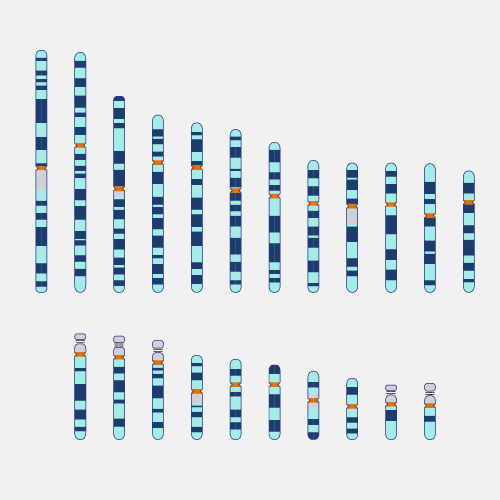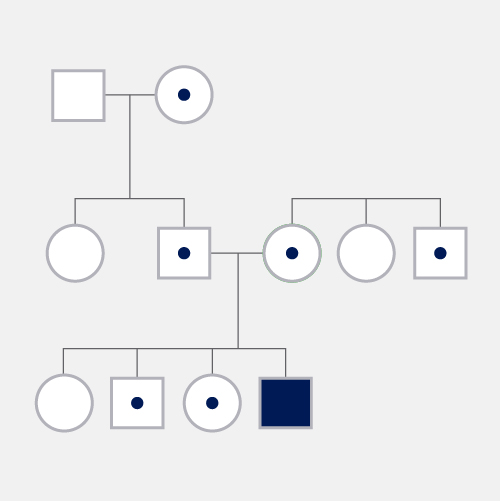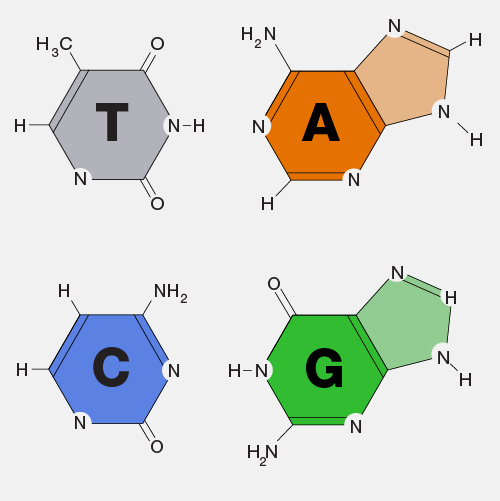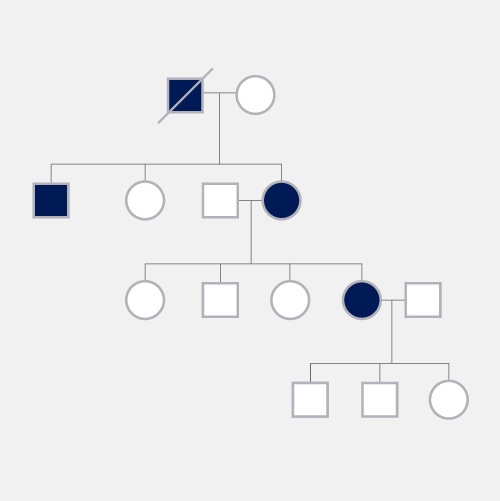
Carrier Screening
Definition
Carrier screening involves testing to see if a person “carries” a genetic variation (allele) associated with a specific disease or trait. A carrier has inherited a normal and a variant allele for a disease- or trait-associated gene, one from each parent. Most typically, carrier screening is performed to look for recessively inherited diseases when the suspected carrier has no symptoms of the disease, but that person’s offspring could have the disease if the other parent is a carrier of a harmful variant in the same gene.
Narration
Carrier screening. Carrier screening is often thought about around the time a person may have a child, such as when a person is considering becoming pregnant. The person, sometimes with their partner, undergoes carrier screening to see if there's a chance that their child could be affected by a genetic condition. There are also other times that carrier screening may be done. Carrier screening is a great reminder of the way in which genetics is truly a family affair. That is, it shows how genetic changes can be shared among relatives and can be passed from one generation to the next.





